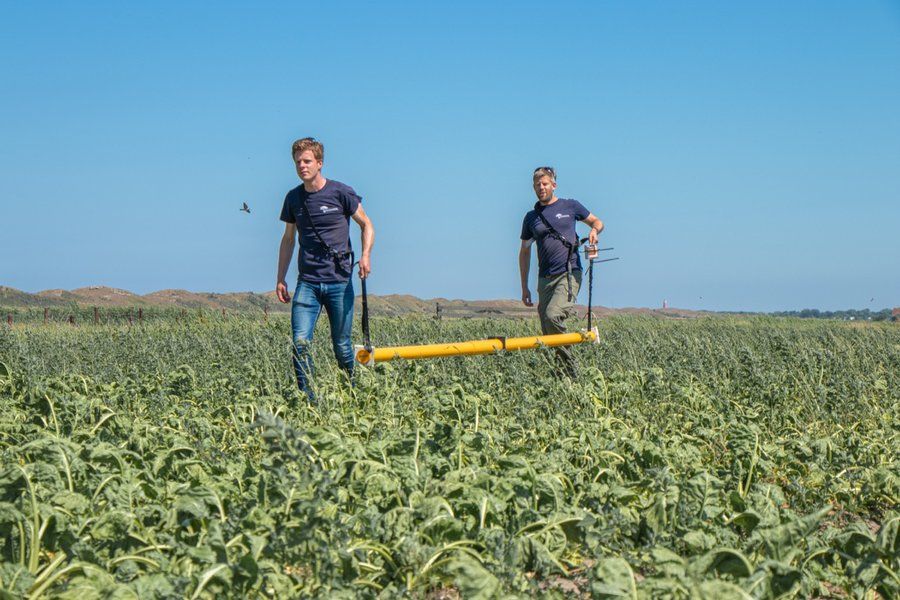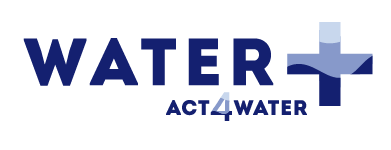Texel, the largest Wadden Island in the Netherlands, faces a significant water challenge: while it receives ample rainfall annually, most of it occurs in winter and is pumped into the Wadden Sea, resulting in the loss of ~ 44 million m³ of freshwater each year. Due to a ban on water abstraction and saline groundwater conditions, farmers struggle to access affordable irrigation, making agriculture vulnerable to drought. The Zoet Toekomst Texel (Fresh Future Texel) project addresses this by implementing a Managed Aquifer Recharge system. Through innovations like horizontally drilled wells and a purification plant, excess winter drainage water is stored underground for reuse during dry periods.

